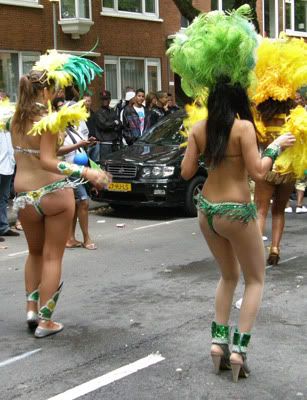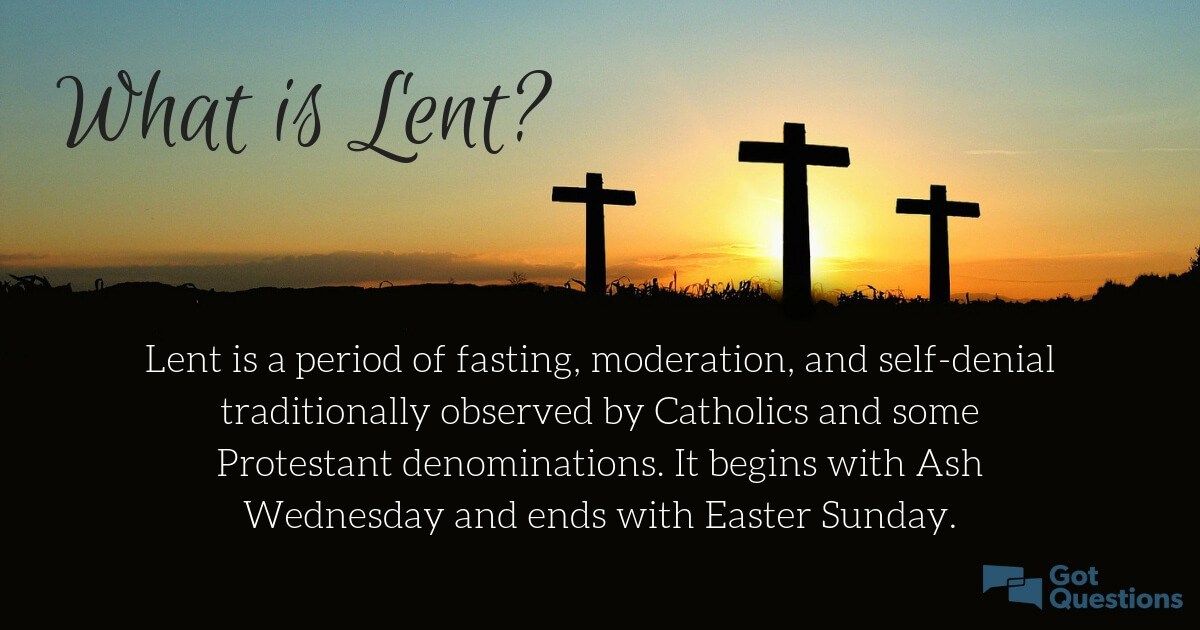|
|
Post by Bonobo on Jun 5, 2011 5:46:33 GMT 1
|
|
|
|
Post by Bonobo on Jun 20, 2011 16:05:24 GMT 1
|
|
|
|
Post by pjotr on Jun 20, 2011 22:10:14 GMT 1
But Germans in general do not have the humor Poles, Brits and in some cases the Dutch have.
German humor is often flat, simple and in my eyes not that unique. I know Germans and sometimes they are a little bit boring. I like them, but I prefer the company of Brits, Felmish people or Poles, because these people have more humor than the Germans. Humor is very important for me.
|
|
|
|
Post by Bonobo on Jun 21, 2011 20:15:31 GMT 1
German humor is often flat, simple and in my eyes not that unique. I know Germans and sometimes they are a little bit boring. Did you notice the German obsession with bare asses etc? |
|
|
|
Post by pjotr on Jun 21, 2011 23:04:08 GMT 1
Bo, That is not only a German thing I think it is a North-West-European Germanic peoples thing. In the Netherlands, Great Britain and Scandinavia you have the same thing. But I have to admid Bo, that the Germens are the Meisters in it. ;D  Here some images from Dutch Carnavals:     |
|
|
|
Post by Bonobo on Jun 22, 2011 19:01:59 GMT 1
That is not only a German thing I think it is a North-West-European Germanic peoples thing. In the Netherlands, Great Britain and Scandinavia you have the same thing. In Great Britain too? ;D ;D ;D I thought Brits are gentlemen:  |
|
|
|
Post by Bonobo on Nov 26, 2018 0:31:03 GMT 1
|
|
|
|
Post by Bonobo on Apr 14, 2019 16:49:47 GMT 1
|
|
|
|
Post by pjotr on Jul 15, 2019 23:10:56 GMT 1
|
|
|
|
Post by pjotr on Jul 15, 2019 23:25:03 GMT 1
The Carnavals parades are typical phenomena of Roman-Catholic Dutch villages, towns and cities. Calvinists don't have Carnaval, but ofcourse youngsters with a Calvinist (Dutch reformed) or secular background also enjoy Carnaval, just like migrants do!
|
|
|
|
Post by pjotr on Jul 15, 2019 23:29:40 GMT 1
|
|
|
|
Post by pjotr on Jul 15, 2019 23:32:01 GMT 1
And in my own city Arnhem
Carnival in the Netherlands (Dutch: Carnaval; also called "vastenavond" – eve of the fasting or Limburgish: "vastelaovend") is a festival held mainly in the Southern regions of the Netherlands with an emphasis on role-reversal and the suspension of social norms, as part of celebrations of Carnival.
From an anthropological point of view, Carnaval is a reversal ritual, in which social roles are reversed and norms about desired behavior are suspended. Winter was thought of as the reign of the winter spirits that were to be driven out for summer to return. Carnaval can thus be regarded as a rite of passage from darkness to light, from winter to summer: a fertility celebration, the first spring festival of the new year.
It precedes the Christian penitential season of Lent. The first day of Carnaval is six weeks before Easter Sunday. Carnaval officially begins on Sunday and lasts three days until the start of Lent's first day, Ash Wednesday, at midnight.
In the southern part of the Netherlands during Carnaval, normal daily life comes to a near stop. Roads are temporarily blocked and many local businesses close for the week because many employees take days off during and after Carnaval. According to post-Napoleon tradition, the feast lasts from Sunday until Tuesday. In recent years the feast usually starts on Saturday. Also Friday evening (or at schools at Friday afternoon) and in some places Thursday (Ouwe Wijven) are considered the start of Carnaval, which makes it a six days' celebration. The festivities last the entire day and well into the nights. Some parades and many balls and bonte avonden or other meetings are held in the weeks before the official Carnaval, but never before the first official court meeting on 11 November. Historically the 40 days of Lent would start on Wednesday at midnight and continue until Easter. 20 days into Lent there might be another parade or festivities, called "Half-Vasten" (Half-Lent).
|
|
|
|
Post by pjotr on Jul 15, 2019 23:37:49 GMT 1
Lent Lent (Latin: Quadragesima, 'Fortieth') is a solemn religious observance in the Christian liturgical calendar that begins on Ash Wednesday and ends approximately six weeks later on Holy Saturday, the day before Easter Sunday. The purpose of Lent is the preparation of the believer for Easter through prayer, doing penance, mortifying the flesh, repentance of sins, almsgiving, and denial of ego. This event is observed in the Anglican, Baptist, Eastern Orthodox, Lutheran, Methodist, Moravian, Oriental Orthodox, Reformed, and Roman Catholic Churches. Some Anabaptist and evangelical churches also observe the Lenten season. Lent (Latin: Quadragesima, 'Fortieth') is a solemn religious observance in the Christian liturgical calendar that begins on Ash Wednesday and ends approximately six weeks later on Holy Saturday, the day before Easter Sunday. The purpose of Lent is the preparation of the believer for Easter through prayer, doing penance, mortifying the flesh, repentance of sins, almsgiving, and denial of ego. This event is observed in the Anglican, Baptist, Eastern Orthodox, Lutheran, Methodist, Moravian, Oriental Orthodox, Reformed, and Roman Catholic Churches. Some Anabaptist and evangelical churches also observe the Lenten season.

The last week of Lent is Holy Week, starting with Palm Sunday. Following the New Testament story, Jesus' crucifixion is commemorated on Good Friday, and at the beginning of the next week the joyful celebration of Easter Sunday recalls the Resurrection of Jesus Christ.
In Lent, many Christians commit to fasting, as well as giving up certain luxuries in order to replicate the account of the sacrifice of Jesus Christ's journey into the desert for 40 days; this is known as one's Lenten sacrifice. Many Christians also add a Lenten spiritual discipline, such as reading a daily devotional or praying through a Lenten calendar, to draw themselves near to God. The Stations of the Cross, a devotional commemoration of Christ's carrying the Cross and of his execution, are often observed. Many Roman Catholic and some Protestant churches remove flowers from their altars, while crucifixes, religious statues, and other elaborate religious symbols are often veiled in violet fabrics in solemn observance of the event. Throughout Christendom, some adherents mark the season with the traditional abstention from the consumption of meat, most notably among Lutherans, Roman Catholics and Anglicans.

The liturgical colour of the season of Lent is purple. Many altar crosses and religious statuary are traditionally veiled during this period in the Christian Year.
Lent is traditionally described as lasting for 40 days, in commemoration of the 40 days Jesus spent fasting in the desert, according to the Gospels of Matthew, Mark and Luke, before beginning his public ministry, during which he endured temptation by Satan. Depending on the Christian denomination and local custom, Lent ends either on the evening of Maundy Thursday, or at sundown on Holy Saturday, when the Easter Vigil is celebrated. Regardless, Lenten practices are properly maintained until the evening of Holy Saturday.
|
|
|
|
Post by pjotr on Jul 15, 2019 23:44:45 GMT 1
|
|
|
|
Post by pjotr on Jul 15, 2019 23:53:57 GMT 1
Amsterdam
|
|